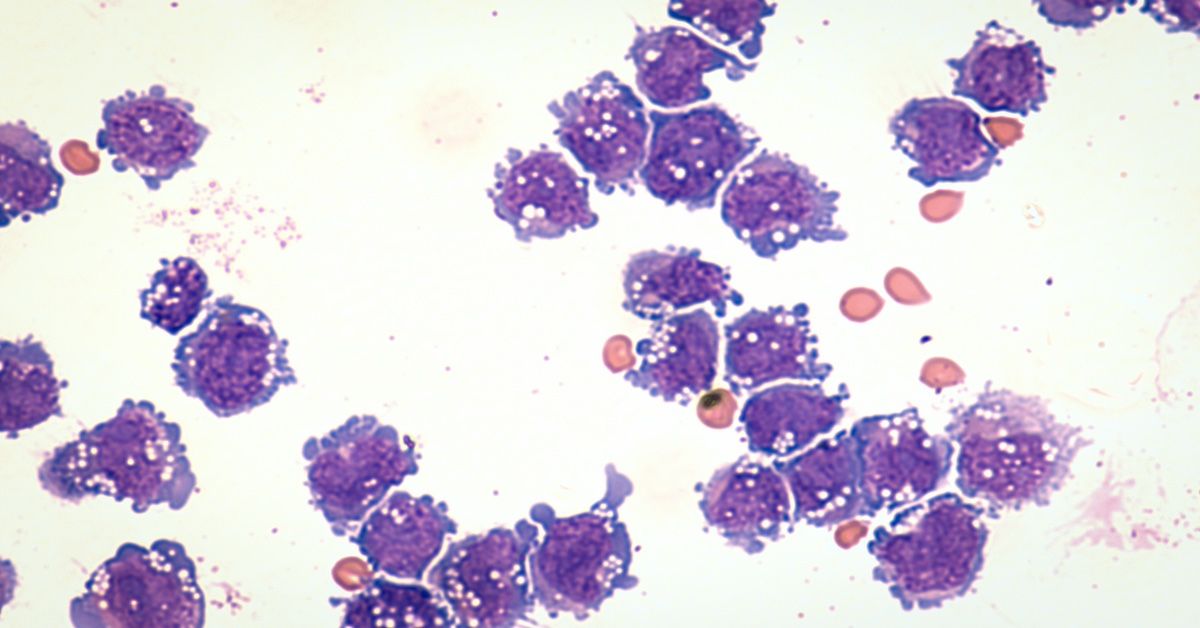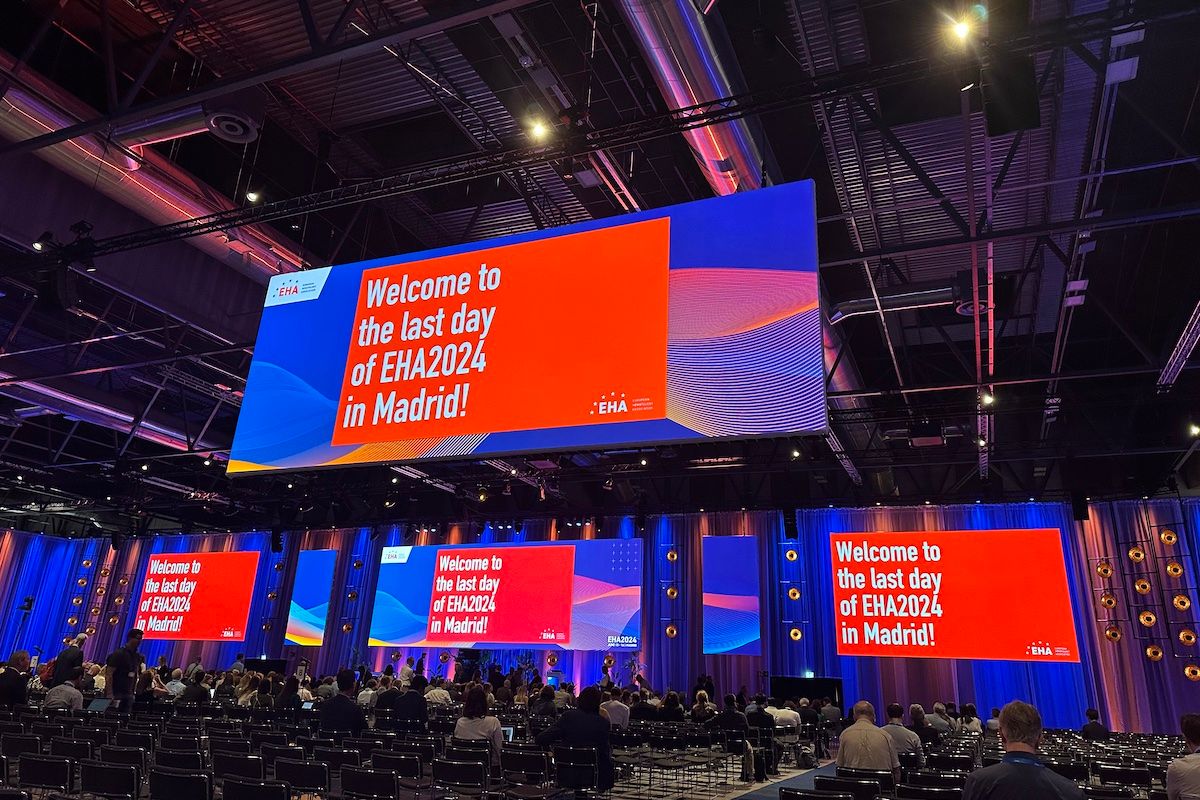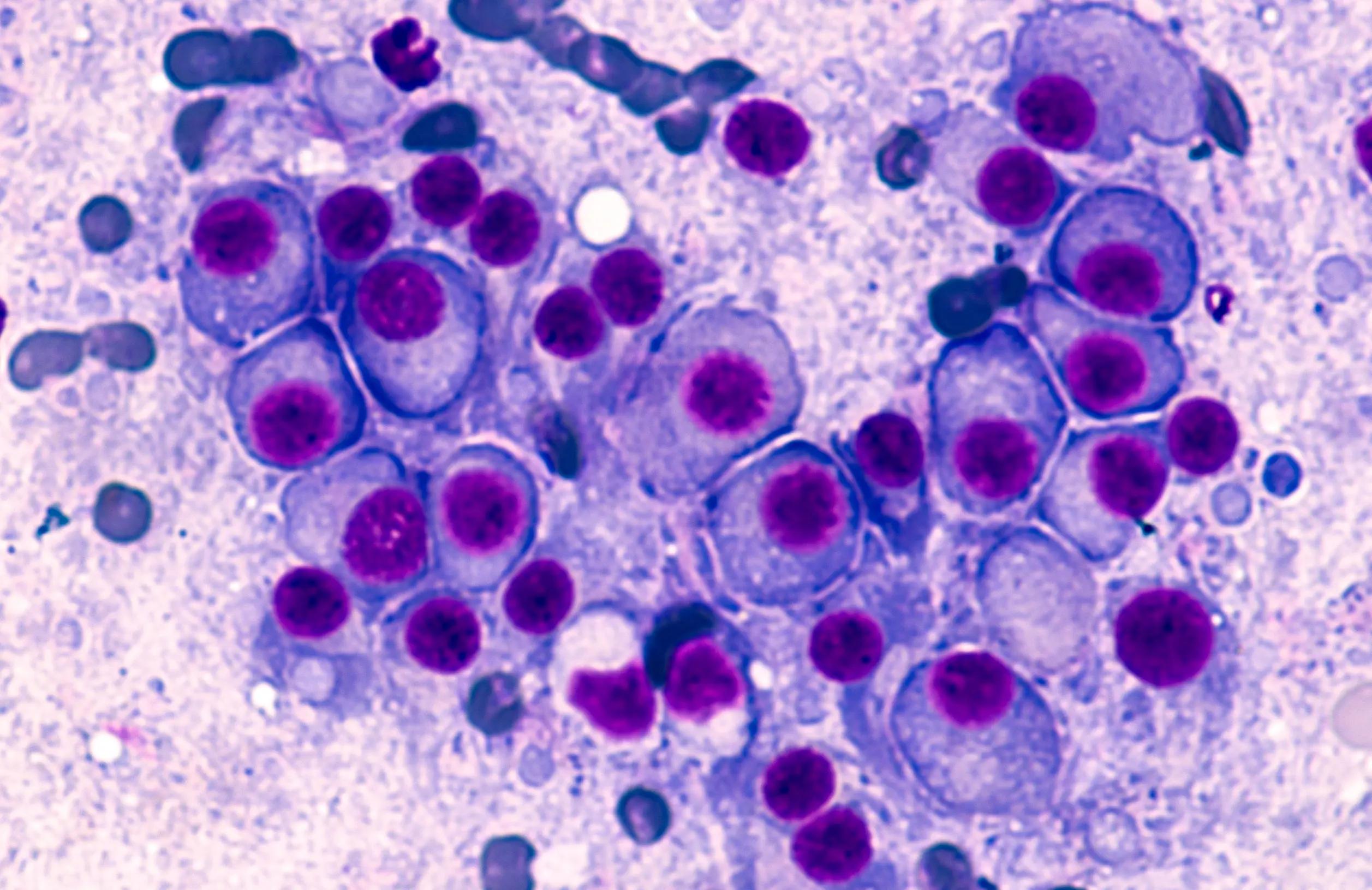Video
MM and Non-Comparative RWE
The panel moves the discussion to non-comparative RWE and how that can play a part in their decision-making for MM therapy.
EP: 1.Coming Soon: Real-World Evidence in the Evolving Treatment Landscape of Multiple Myeloma
EP: 2.A Multiple Myeloma Overview
EP: 3.MM and Regimens for First- and Second-Line Treatment
EP: 4.MM From the Payers’ Perspective
EP: 5.MM Healthcare Resource Utilization
EP: 6.Decision Support Tools for MM
EP: 7.MM and the Limitations of RCT Data
EP: 8.MM and Real-World Evidence
EP: 9.The Value of RWE in MM
EP: 10.Incorporating RWE in MM Decision-Making
EP: 11.RWE Decision-Making Barriers
EP: 12.MM and Non-Comparative RWE
EP: 13.Educating on RWE
EP: 14.MM Unmet Needs
EP: 15.Incorporating RWE Into Future Decision-Making
Ryan Haumschild, PharmD, MS, MBA: What about the role of noncomparative real-world evidence in the payer and pathway decision-making for you as a payer? As we start to think of comparative, it becomes easier to evaluate real-world evidence because there are multiple agents we’re considering. But if we’re looking at 1 single agent alone, how do you take that into consideration?
Jay Weaver, PharmD, MPH: When you sit on a P&T [pharmacy and therapeutics] committee, it’s not just 1 person. Many clinicians, sometimes across multiple health plans, might all sit on this advisory group for a common organization. I hear a lot of comments and attitudes around noncomparative data. Just like real-world evidence, we have to swallow hard and relearn our craft a bit around this. Various folks are coming along at different levels.
To start with my own preference, comparative data are going to help us a lot more. We always prefer that. But there are open-label trials and all sorts of things coming that are being used in the approval process for some of these therapies. I’m seeing therapies approved that look like their phase 2 trial became their phase 3 trial, and they get approval, at least initial approval for breakthroughs. We’re going to have to get comfortable with that and understand the grading. If we’re going to make earlier decisions with that data, are there confirmatory data down the road that back that up? Are we going to see from the evidence that that’s was a good decision? It contradicts that decision, though we have to rethink our policies. We’re opening ourselves up to having to bring that in and have that understanding. Otherwise, we have an absence. NCCN [National Comprehensive Cancer Administration] is incorporating that information in its own guidelines. We use that as compendia for treatment decisions for your side and approval decisions on our side. We’re going to have to get comfortable with it.
However, we’re really being pushed to be good stewards. We have to see if the data are confirmatory over time. Any real-world evidence and phase 4 work required by the FDA have to show that it was a good decision.
This transcript has been edited for clarity.




